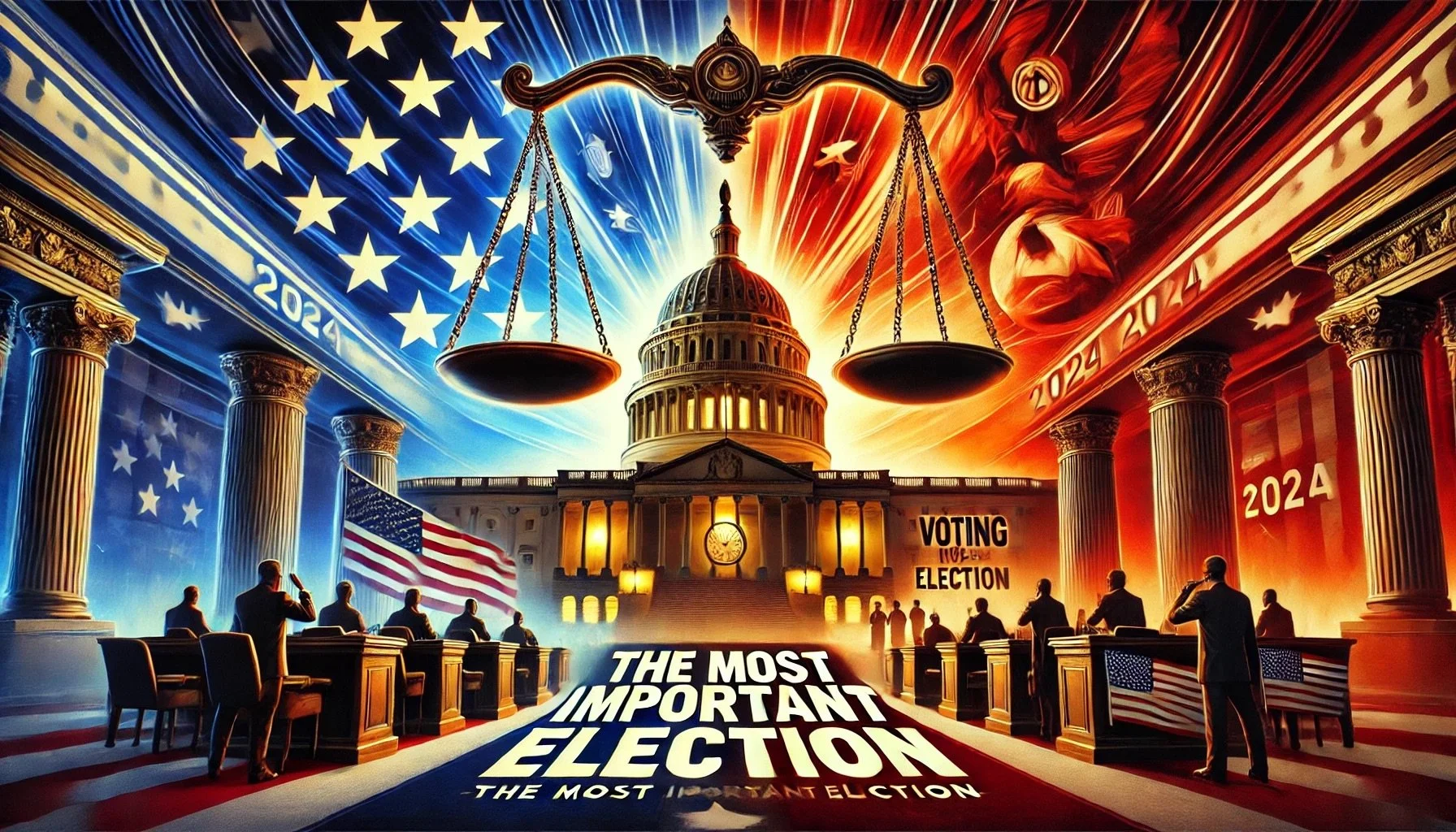A Maverick’s View Of The Most Important PR Crisis of 2024
Because ours is an insular business, I find it difficult to comment on the most important PR crises of the year because most PR crises are only important to people personally affected by the crises.
The prime example of the above is the long ongoing crises affecting Boeing since the first of two Boeing 737 Max 8 crashes (the first in 2018, the second in 2019) killed 346 people. Hardly a week goes by when there isn’t another news article about Boeing’s crisis. But instead of it getting the coverage that it did in the years immediately following the deadly crashes, the media now treats it as just another follow-up article, similar to how they treat follow-up stories about other once “stop the presses” PR crises.
Interest in the on-going Boeing saga is most likely of interest to the relatives of those killed, the Boeing corporation itself, Boeing stock holders (like me), the Federal Aviation Administration and the beat reporters who cover the airline industry.
In my opinion, what stake holders in our ego-centric business think is a crisis is just another business story to the almost 350,000,000 people in the United Stares, most of whom are probably unaware of what happened, or if they are aware, couldn’t care about it,
But there was one happening in 2024 that I consider a crisis that affected every citizen, and will affect every future citizen. It is how the media covered the recent election. People in our business might say that’s not a true public relations crisis. In my opinion, it certainly is. It’s a crisis that will affect our entire population, -- the public -- instead of the business crises that few people care about.
On TV, it was impossible for a viewer to get detailed information about what President-elect Trump or Vice President Harris proposed. Both talked in what were essentially sound bites. Making it worse was that instead of fleshing out what the candidates said so-called political experts just gave their opinions about what the candidates said. (Probably because they didn’t know the details of the subject.)
On the print side, hard news stories about what the candidates said were drowned out by opinion columnists at the pubs, or news analyses articles, which is another name for opinion articles.
Cable TV networks slant their coverage to attract like-minded viewers, making it more difficult for viewers to get the unbiased facts of a situation. The non-cable network’s half hour nightly news shows present headline type reporting. Print pubs are going out of business or reducing staffs, lessening the dissemination of news, creating a less informed public – a true crisis.
I consider the slanted reporting regarding the past election that might have affected how a person voted to be more important than any crises that affected business in 2024.
Business PR crises are known as Public Relations crises. Because what the media says and reports affects much more of the public than does any business crisis, the shortcoming of the media, which is a business, certainly qualifies as a PR crisis.
When I managed flagship accounts before becoming an independent consultant, I would tell staffers who reported to me to always remember the following: What our clients think is important and what we think is important is not necessarily important to the media, and certainly not to the vast majority of the U.S. population. PR people should remember that regardless of the situation.


